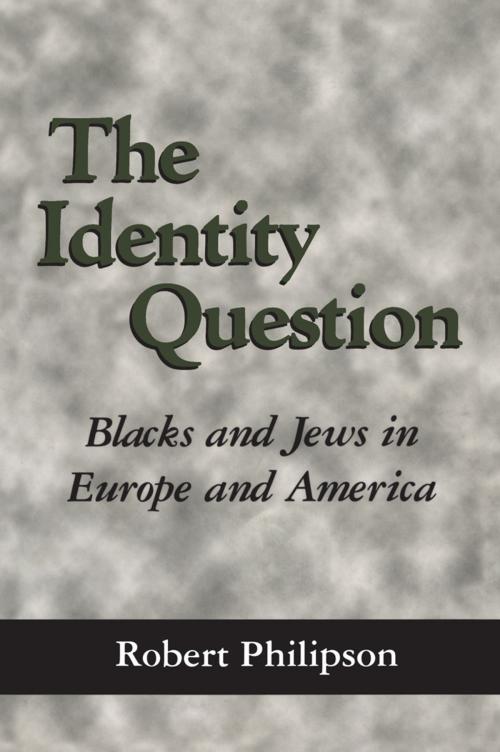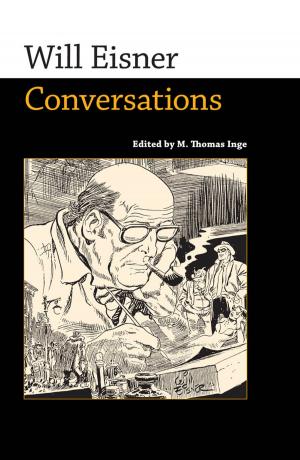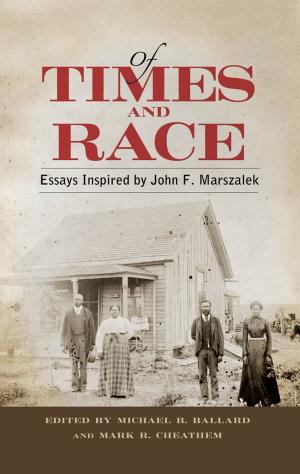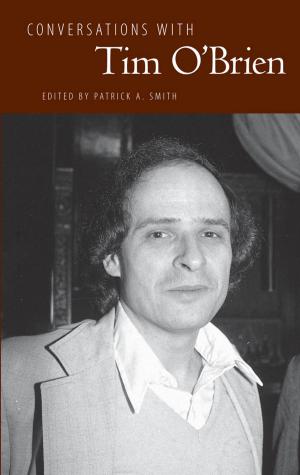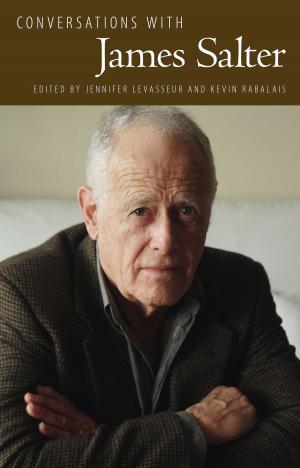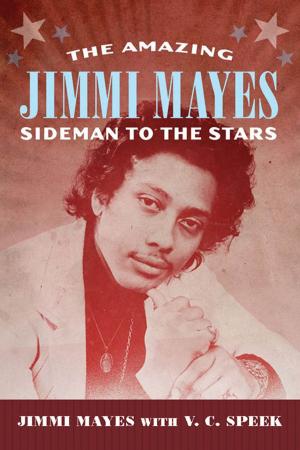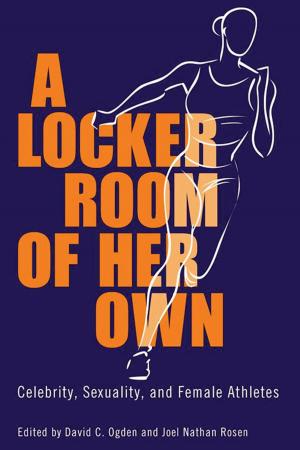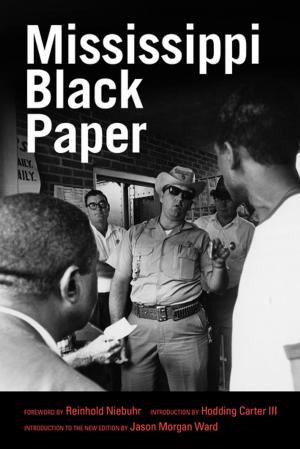The Identity Question
Blacks and Jews in Europe and America
Nonfiction, Social & Cultural Studies, Social Science, Discrimination & Race Relations| Author: | Robert Philipson | ISBN: | 9781578062928 |
| Publisher: | University Press of Mississippi | Publication: | November 1, 2000 |
| Imprint: | University Press of Mississippi | Language: | English |
| Author: | Robert Philipson |
| ISBN: | 9781578062928 |
| Publisher: | University Press of Mississippi |
| Publication: | November 1, 2000 |
| Imprint: | University Press of Mississippi |
| Language: | English |
A diasporic study of the striking similarities between Jewish consciousness and black consciousness in Europe and America
Despite the Enlightenment's promise of utopian belonging among all citizens, blacks and Jews were excluded from the life of their host countries. In their diasporic exile both groups were marginalized as slaves, aliens, unbelievers, and frequently not fully human. The Identity Question: Blacks and Jews in Europe and America explores the effects of diaspora upon black and Jewish consciousness, demonstrating similar histories of marginality and oppression.
Casting off the fixed social categories of an earlier age, Enlightenment thinkers argued that all men in their capacity as citizens of a secular state had the right to full civic participation and equal protection under the law. In theory, such an ideology did not recognize classes or races of men automatically excluded from citizenship. In fact, negative images of blacks and Jews continued to inform European thought and policy, providing a rationale for a thriving slave trade abroad and continued oppression of Jews at home. Thus blacks and Jews were forced to define themselves in accordance with or in opposition to European ideas about who they were. Of necessity, blacks struggled against the stereotypes of black barbarism and bestiality. Jewish intellectuals protested their alleged moral unfitness to participate in society, while proclaiming primary allegiance to their host country rather than to other Jews.
Central to this examination are four key autobiographies, two from the late 1700s and two from recent history. The autobiographies of Richard Wright and Alfred Kazin, taken as prime twentieth-century American expressions of racial and ethnic identity, reveal striking similarities to their Enlightenment counterparts in Europe, the black Olaude Equiano and the Jewish Salomon Maimon. Equiano, Maimon, Kazin, and Wright all accept the ultimate desirability of Western culture. All believe in the Enlightenment promise. All were ostracized by the larger political cultures of Great Britain, Germany, and America, but each made an arduous journey from the ethnic margins of language, culture, and "tribal" loyalty to the cosmopolitan center of London, Berlin, Chicago, or New York.
These modern European conceptions of black and Jewish identity, as well as the modern forms of racism that came to term in the eighteenth century, entered America whole cloth. Consequently, American intellectual and social history of the twentieth century mirrors the same movements toward acceptance and ostracism that had existed in Enlightenment Europe.
Robert Philipson is an independent scholar who lives in Oakland, California. His work has been published in Research in African Literatures, Studies in American Jewish Literature, and Callaloo.
A diasporic study of the striking similarities between Jewish consciousness and black consciousness in Europe and America
Despite the Enlightenment's promise of utopian belonging among all citizens, blacks and Jews were excluded from the life of their host countries. In their diasporic exile both groups were marginalized as slaves, aliens, unbelievers, and frequently not fully human. The Identity Question: Blacks and Jews in Europe and America explores the effects of diaspora upon black and Jewish consciousness, demonstrating similar histories of marginality and oppression.
Casting off the fixed social categories of an earlier age, Enlightenment thinkers argued that all men in their capacity as citizens of a secular state had the right to full civic participation and equal protection under the law. In theory, such an ideology did not recognize classes or races of men automatically excluded from citizenship. In fact, negative images of blacks and Jews continued to inform European thought and policy, providing a rationale for a thriving slave trade abroad and continued oppression of Jews at home. Thus blacks and Jews were forced to define themselves in accordance with or in opposition to European ideas about who they were. Of necessity, blacks struggled against the stereotypes of black barbarism and bestiality. Jewish intellectuals protested their alleged moral unfitness to participate in society, while proclaiming primary allegiance to their host country rather than to other Jews.
Central to this examination are four key autobiographies, two from the late 1700s and two from recent history. The autobiographies of Richard Wright and Alfred Kazin, taken as prime twentieth-century American expressions of racial and ethnic identity, reveal striking similarities to their Enlightenment counterparts in Europe, the black Olaude Equiano and the Jewish Salomon Maimon. Equiano, Maimon, Kazin, and Wright all accept the ultimate desirability of Western culture. All believe in the Enlightenment promise. All were ostracized by the larger political cultures of Great Britain, Germany, and America, but each made an arduous journey from the ethnic margins of language, culture, and "tribal" loyalty to the cosmopolitan center of London, Berlin, Chicago, or New York.
These modern European conceptions of black and Jewish identity, as well as the modern forms of racism that came to term in the eighteenth century, entered America whole cloth. Consequently, American intellectual and social history of the twentieth century mirrors the same movements toward acceptance and ostracism that had existed in Enlightenment Europe.
Robert Philipson is an independent scholar who lives in Oakland, California. His work has been published in Research in African Literatures, Studies in American Jewish Literature, and Callaloo.
